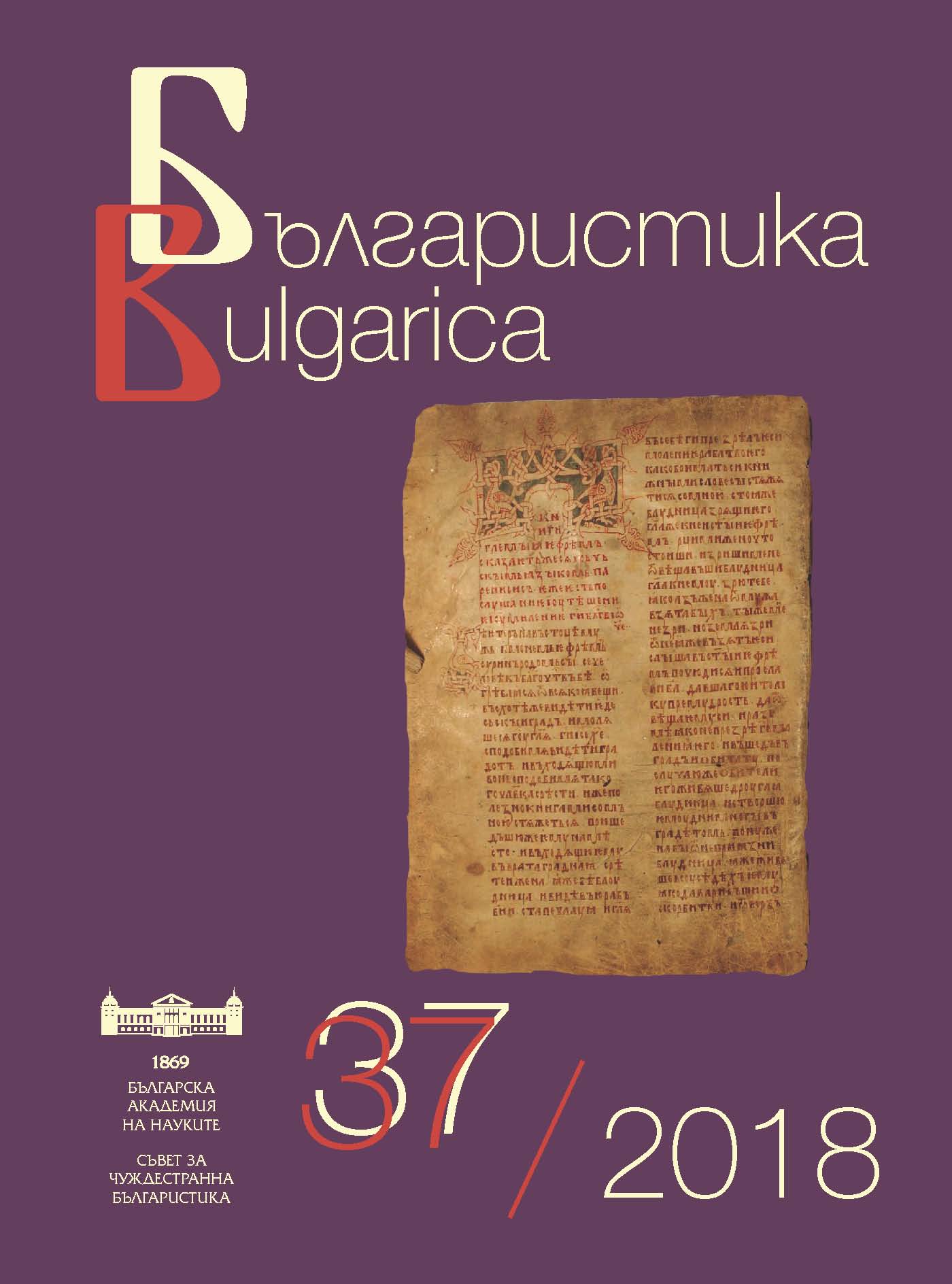
We kindly inform you that, as long as the subject affiliation of our 300.000+ articles is in progress, you might get unsufficient or no results on your third level or second level search. In this case, please broaden your search criteria.

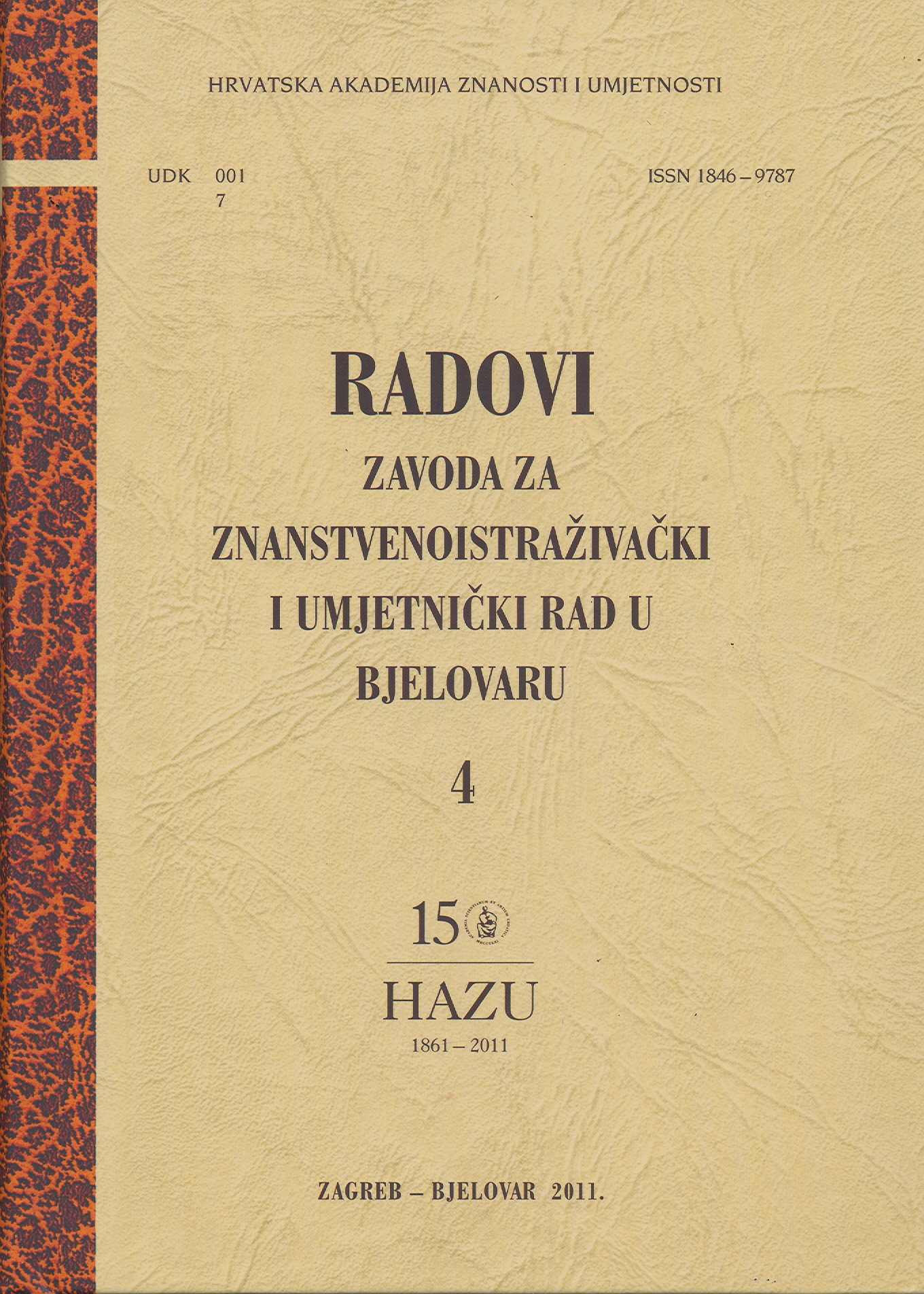
The paper states some of the most basic historical and statistic data regarding the Jewish community in the Bjelovar-Križevci County between 1857 and 1918. In the period between 1857 and 1922, the name and the borders of the Bjelovar-Križevci County changed on several occasions (the Bjelovar County, particularly the Križevci County, then the Bjelovar-Križevci County, and finally the Bjelovar-Bilogora County); similarly did the borders of the interior districts, which fact hindered the research to a certain extent. Hence, this paper focuses on the demographic changes in the period between the census of 1880 and the census of 1910. Though the presence of the first Jews in the area of the Bjelovar-Križevci County was recorded rather early – at the beginning of the 19th century, more precise demographic reports are dated only after 1851, or rather 1857 – the year of the first official census. Each of the censuses between the 1850s and 1918 (1857, 1880, 1890, 1900 and 1910) listed a higher number of Jews; finally, in 1910, 2,406 Jews inhabited the Bjelovar-Križevci County, mostly the Bjelovar district and the County’s urban area (Bjelovar, Koprivnica and Križevci). In the area of the Berak Municipality, very few Jews lived (a couple of families), while they had never inhabited Podgarić.
More...
One of the reasons why Amitav Ghosh is considered an important writer is that his narratives do not occupy a “neutral” zone. Rather, they offer a sensitive and multifaceted view on the contemporary problems of the worlds he writes about. Ghosh seems to be intent on moving his readers through his narratives beyond the aesthetic of indifference. Ghosh’s first commitment is to his art.
More...
From its very inception, Indian cinema has been a cinema interested in the idea of nation. Although Raja Harishcandra (credited as the first Indian feature film) was strictly speaking a mythological, Dadasaheb Phalke’s motivation was grounded in a strong sense of nationalism.
More...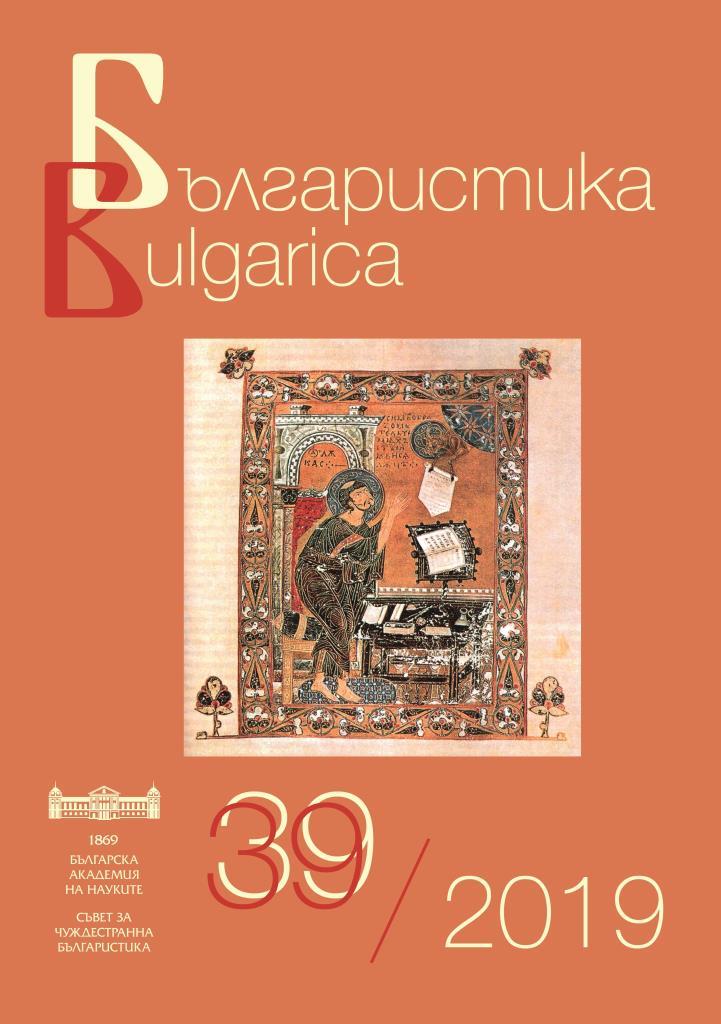

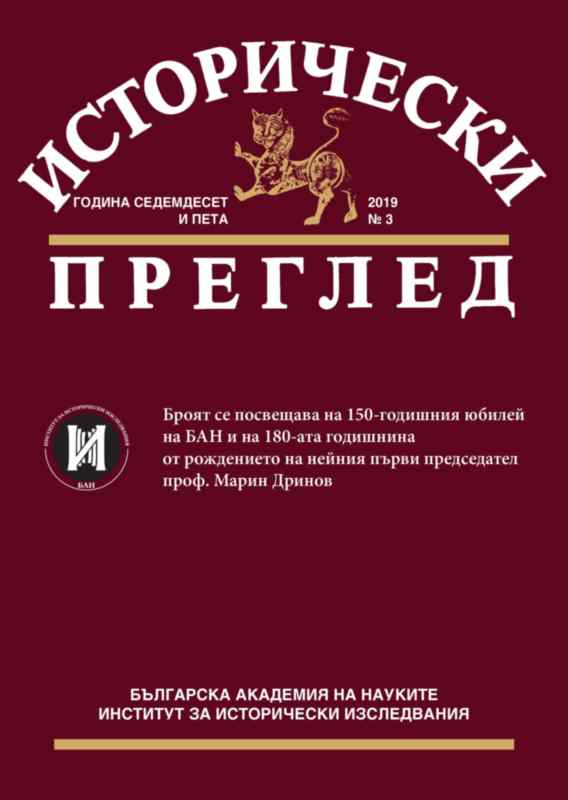
The article deals with the known transcripts of Paisii’s Istoriya Slavyanobolgarskaya (Slavonic-Bulgarian History), originating from the town of Pirdop. One of them is the manuscript made by Daskal Todor Pirdopski. Another one was found in the library of Hadji Ivan Hadjidimitrov, and the latest one was made after the liberation by the teacher Dimitar Odzhakov. The earliest one is from 1772 and is the work of the Rila monk Nikifor, and was owned by a resident of Pirdop for decades. It was this transcript that was purchased by Professor Marin Drinov upon his visit to the city at the end of 1878 or the beginning of 1879 and thus became available to Bulgarian science. Due to uncertain information about Prof. Drinov’s stay in Pirdop, the article provides additional sources to clarify the timeline of his visit to the city and when he most likely purchased the Nikifor’s copy of Paisii’s history.
More...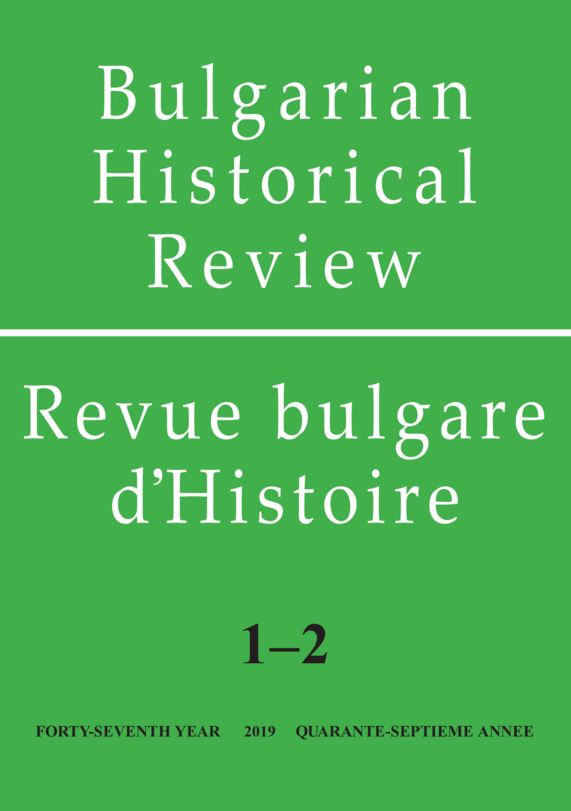


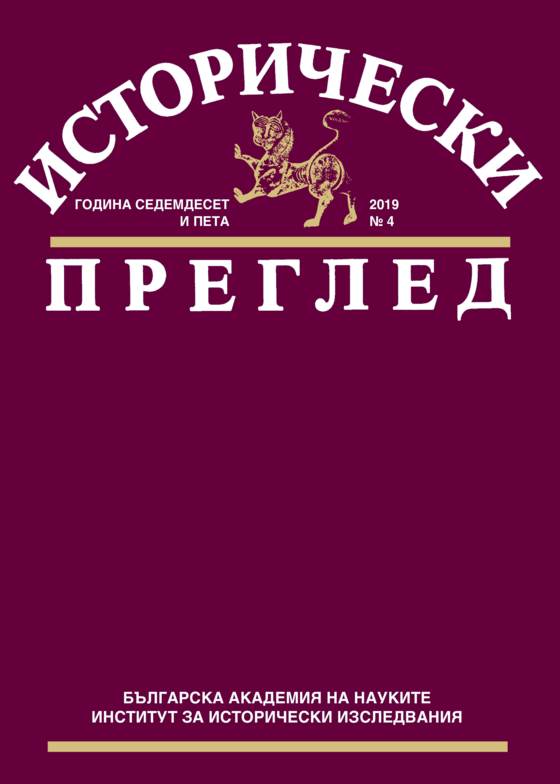
Vasil Aprilov (1789–1847) is an illustrious intellectual of the Bulgarian National Revival and contributor to the foundation of modern Bulgarian education. His works and heritage have been published and analyzed in various publications; however, the data concerning his family and genealogy are so far contradictory and inaccurate, being of subordinate importance for the major works, dedicated to Aprilov. The author resumes the publications, concerning Aprilov’s life and family, juxtaposes the genealogical data and analyzes its credibility in search of the correct family links. Besides the publications on Aprilov, the author reveals unpublished family tree of the Aprilovs, composed by Gabrovo’s local historian Iliya Gabrovski in the 1970s, stored in the State Archive – Gabrovo. Based on the analysis, the article offers a possible reconstruction of the Aprilovs’ genealogical tree.
More...
The text represents the first period (late 1960s to late 1980s) of the professional development of the historian Vladimir Migev, time when he specialized as a researcher of authoritarianism and authoritarian regime in Bulgaria. The article focuses on the conditions of scholarly work specific to those years (compulsory explanatory models and strict ideological control over interpretations) which left their mark on the concepts used by the historian and on his basic evaluations. At the same time, his contributions to the development of a number of major aspects of Bulgarian authoritarianism are shown.
More...
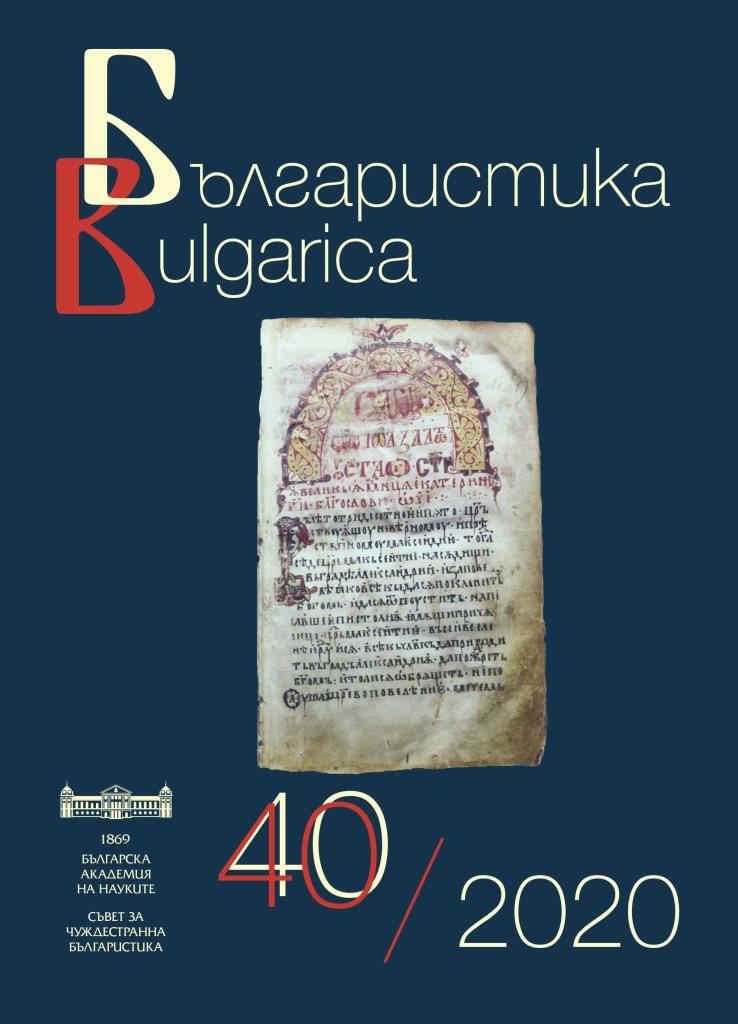
Data about scientific events in the field of the humanities in Bulgaria in the current year
More...




